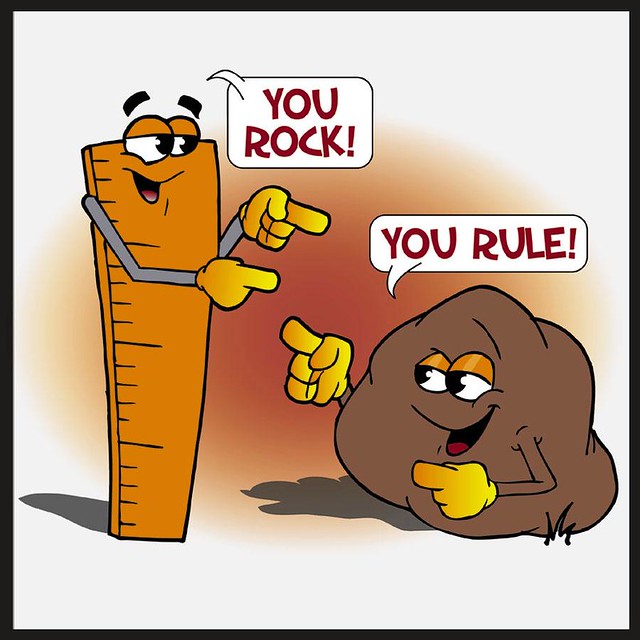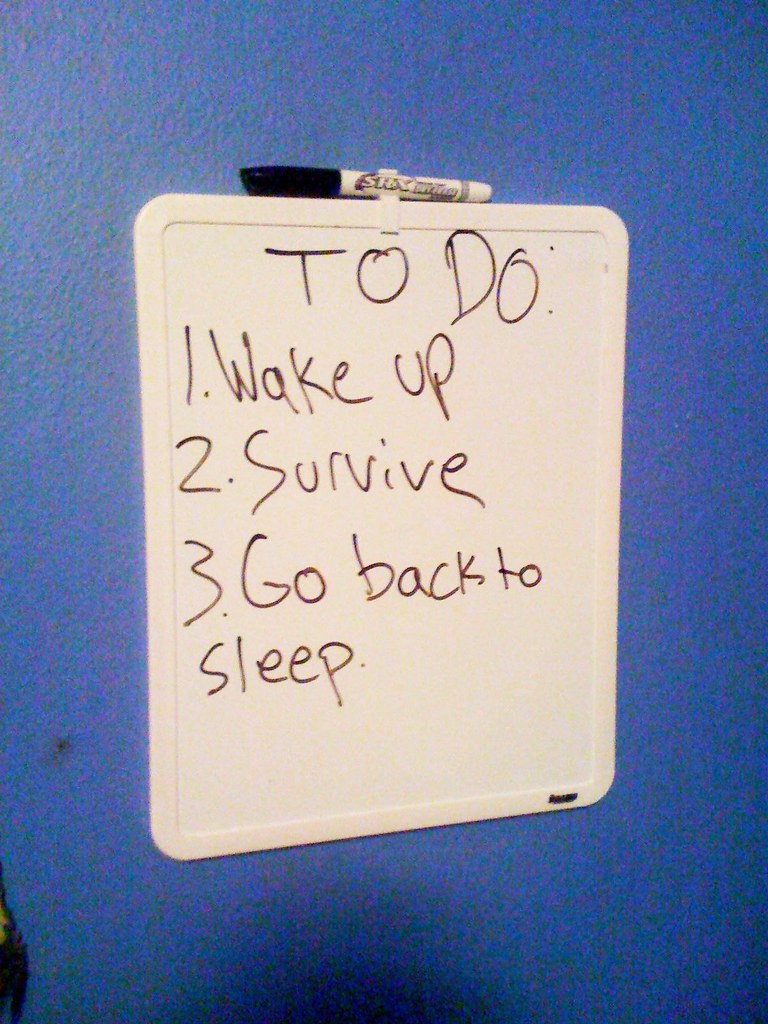I have decided to write my stories in a script format, sort of copying
Christine Elliott. I am going to write overly dramatic stories (think soap operas). I will set the stories in present day time, and I will update details, including names, occupations and setting. I want to write the plot points in a dramatic way, and I want the characters to be over-the-top exaggerations of the originals.
I really like the scene in which Achilles puts Agamemnon in his place, but doesn't kill him because he is restrained by Athena. I can see this playing out in a very dramatic fashion. They could trade insults and throw fits, and I see Athena as a divine intervention Achilles experiences, in the form of a ghost or flashback. They could be Italian-American mobsters caught up in a big turf war. Agamemnon is the Don of one city, and Priam the Don of another. They break bread, along with Menalaus, to form an alliance, but Helen and Paris get it on in the bathroom, and she decides to run away with him. By the time Menalaus realizes his wife's disappearance, she is tucked away in a safehouse with Paris and company. Menalaus tells Don Agamemnon what happened, and Agamemnon assembles a meeting with the lesser dons in his city. Along with the dons, Agamemnon extends an invitation to Achilles, the leader of a dangerous crew of hitmen. That meeting will take place in a traditional, makeshift meeting room in the back of a restaurant. Everyone has bodyguards except for Achilles, and everyone is packing heat. Achilles brings along Patroclus, his top gun and best friend. Maybe, instead of Achilles' armor being given to Patroclus and taken by Hector, it could be Achilles' favorite gun. Patroclus dies in a shootout. Maybe Achilles and Hector get into a car chase, and Hector finally pulls over so they can face each other. I feel like I have a good idea how to write this for next week.

Lepke Buchalter handcuffed to J. Edgar Hoover, photo by Al Aumuller, 1939 or 1940, found on
Wikimedia.
Bibliography: Information based on Homer's Iliad, as told by Alfred J Church, found
here.







